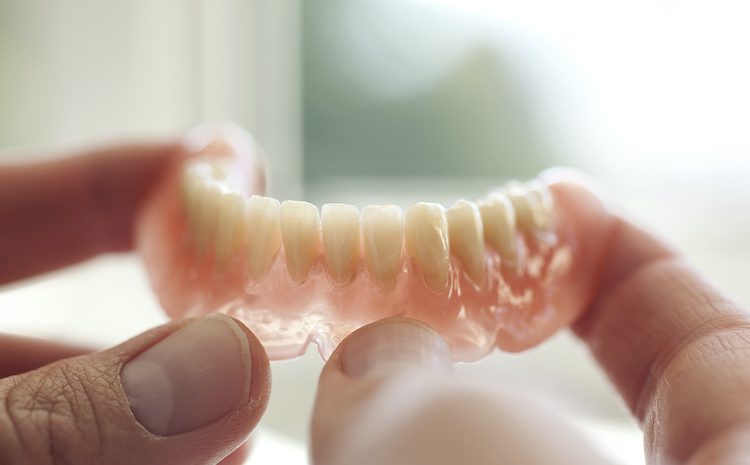Dentures are an essential part of daily life for millions of people, offering the ability to eat, speak, and smile with confidence. However, like any medical device, dentures are not designed to last forever. Over time, normal wear and tear, changes in your mouth, and material fatigue can affect the fit, function, and appearance of your dentures. Knowing the signs that it might be time for a replacement denture is crucial for maintaining oral health and overall well-being.
Discomfort or Soreness
One of the most common signs that your denture may need to be replaced is persistent discomfort. Dentures should feel relatively comfortable in your mouth once you’re used to them. If you experience sore spots, pressure points, or general discomfort, it may indicate that your denture is no longer fitting correctly. Your gums and jawbone naturally change shape over time, especially if you’ve been wearing the same denture for several years. These subtle changes can lead to poor fit and increased friction, resulting in irritation and even sores.
Difficulty Chewing or Speaking
If you’re finding it harder to chew certain foods or your speech has started to sound slurred or unclear, your dentures may not be functioning as they should. A well-fitting denture helps you pronounce words properly and chew effectively. When the fit begins to degrade, it affects the way your mouth moves. This can lead to chewing inefficiency and changes in speech patterns. These functional problems can not only impact your nutrition but also your confidence in social situations.
Visible Wear and Tear
Dentures are subject to daily use and exposure to food, drink, and cleaning products. Over time, the materials can wear down, crack, or become discolored. If you notice visible signs of wear such as chips in the teeth, fractures in the base, or fading color, it’s a good indicator that your denture is nearing the end of its useful life. Even if the wear doesn’t seem to be affecting comfort right away, it’s often a warning sign that more serious issues are on the horizon.
Looseness or Slipping
A secure denture should stay in place with minimal adhesive and should not shift or move unexpectedly. If your denture begins to feel loose or starts slipping while eating or talking, it’s often a sign that your jawbone has resorbed or shrunk, altering the denture’s fit. Loose dentures can be embarrassing and even hazardous, increasing the risk of choking. A new denture, or at the very least a reline, may be necessary to restore stability and comfort.
Chronic Bad Breath or Taste
Bad breath that doesn’t improve with cleaning or a persistent bad taste in your mouth could be caused by bacteria trapped in worn or damaged dentures. Cracks and porous surfaces provide the perfect environment for bacteria to thrive, even if you’re diligent about cleaning. In these cases, a replacement denture made from new materials could help you maintain better oral hygiene and fresh breath.
Changes in Facial Appearance
Dentures do more than help you eat and speak. They also support your facial muscles. When a denture no longer fits properly, you may begin to notice changes in your appearance, such as sunken cheeks, a collapsed jawline, or deeper wrinkles around the mouth. These changes often occur gradually but can significantly affect your self-esteem. A new, properly fitted denture could help restore the structure of your face and improve your overall appearance.
Denture Replacement and Care in Arlington Heights, IL
At Dazzling Dentistry, we are committed to your oral health. If you have a poor fitting or damaged denture, we can provide adjustments and new restorations to improve your bite and smile. Contact our office today to schedule a consultation and learn more about your tooth loss treatment options.

